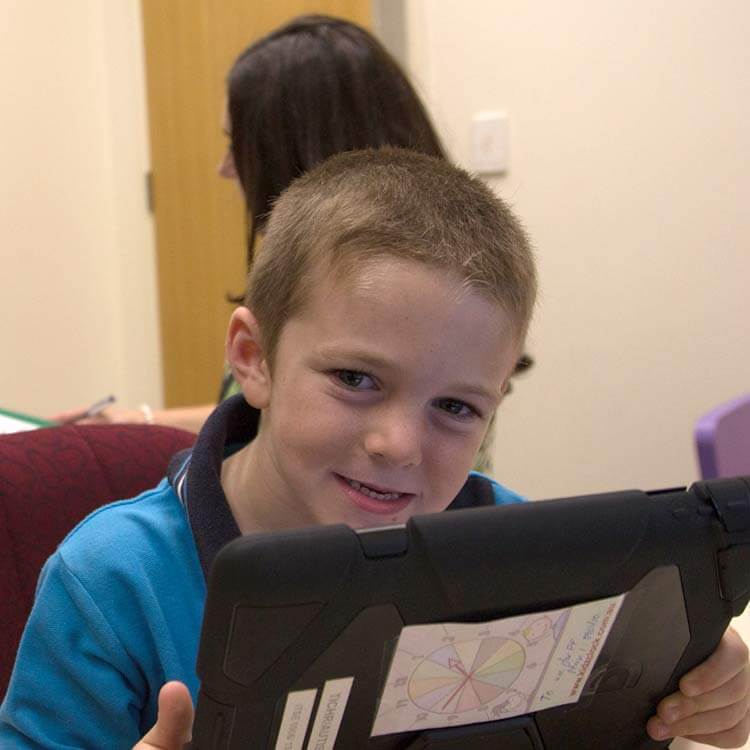Search

Research
Multigenerational Familial and Environmental Risk for Autism (MINERvA) NetworkThe MINERvA Network will allow more accurate and precise determination of the contributions of familial and environmental factors to the etiology of autism.
Research
Cerebral palsy: EpidemiologyCerebral palsy (CP) is a lifelong physical disability, resulting from maldevelopment or damage to the developing brain. All children with CP have a disorder of movement and posture, but this is often accompanied by disorders of intellect, sensation, behaviour and epilepsy. Long-standing CP registers and surveillance systems estimate the prevalence of CP as approximately 2 per 1000 live births; however variations are seen over time and in different regions of the world.
Research
Factors influencing the attainment of major motor milestones in CDKL5 deficiency disorderThis study investigated the influence of factors at birth and in infancy on the likelihood of achieving major motor milestones in CDKL5 Deficiency Disorder (CDD). Data on 350 individuals with a pathogenic CDKL5 variant was sourced from the International CDKL5 Disorder Database.
Research
Enabling successful life engagement in young people with ADHD: new components beyond adult models of recoveryTo examine the lived experiences of young people successfully managing life with ADHD and investigate the applicability of adult models of Recovery to these individuals.
Research
Improving the Journey Before, During and After Diagnosis of a Neurodevelopmental Condition: Suggestions from a Sample of Australian Consumers and ProfessionalsThe current study used a transdiagnostic approach to explore experiences of consumers and professionals on how the process of assessing and diagnosing neurodevelopmental conditions can be improved.
Research
Risk and resilience factors impacting the mental health and wellbeing of siblings of individuals with neurodevelopmental conditions: A mixed methods systematic reviewThis pre-registered systematic review synthesised and evaluated the existing literature on self-reported mental health and wellbeing of siblings of individuals with neurodevelopmental conditions.
Research
Development of an International Database for a Rare Genetic Disorder: The MECP2 Duplication Database (MDBase)The natural history of MECP2 duplication syndrome (MDS), a rare X-linked neurodevelopmental disorder with an estimated birth prevalence of 1/150,000 live births, is poorly understood due to a lack of clinical data collected for research. Such information is critical to the understanding of disease progression, therapeutic endpoints and outcome measures for clinical trials, as well as the development of therapies and orphan products.
Research
Characterising quality of life and its determinants for children with intellectual disability and their familiesAndrew Helen Jenny Peter Videos Whitehouse Watch and listen to Andrew Leonard Downs Jacoby PhD MBChB MPH BApplSci (physio) MSc PhD BA (Hons) MSc

Research
IDEA (Intellectual Disability Exploring Answers) DatabaseIDEA is one of the few population-based resources in the world dedicated to intellectual disability. The IDEA database contains information on all children born in Western Australia since 1983 who have been identified with having an intellectual disability. Individuals with autism spectrum disorder, both with and without intellectual disability, are also included in the database. Deidentified information is accessed from the Department of Communities WA, the WA Department of Education, and the National Disability Insurance Agency (NDIA) to create the database. IDEA can be linked to other datasets to facilitate research into the determinants, outcomes and service needs of children and adults with intellectual disability. Researchers can apply for such linked data, available in a de-identified format under approval from an ethics committee.

Guide our sibling research!
